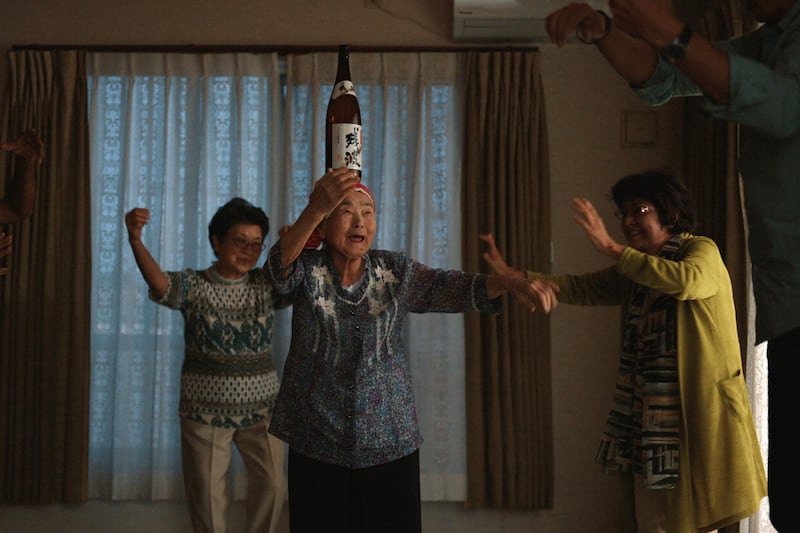The Hunt for Gaddafi’s Millions, BBC 4 Monday and iPlayer
South Africa stands at a precipice and its next move is critical.
It can commit to democracy and the rule of law or it can continue down a path which leads ultimately to a corrupt state.
The stand-off between Raymond Zondo, the deputy chief justice and chairman of an anti-corruption inquiry, and former president Jacob Zuma is the state’s most important moment since Nelson Mandela was elected in 1994.
Zuma, who stood down as president in 2018 because of corruption allegations, has refused to give evidence to the inquiry and Zondo wants him jailed.
Last month Zuma returned to his lavish homestead protected by a paramilitary force, putting it up to the state to send in soldiers to arrest him.
“This is very serious because if it is allowed to prevail, there will be lawlessness and chaos in the courts,” Justice Zondo said
“If the message that is sent out is that people can ignore or disregard summons and orders of courts with impunity, there will be very little that will be left of our democracy.”
So why am I talking about South Africa in a review of a documentary about Gaddafi and Libya?
Because the Hunt for Gaddafi’s Billions leads directly to the faction of the ANC led by Jacob Zuma.
In this impressive documentary, Dutch journalists Misha Wessel and Thomas Blom spend years persuading a cast of characters who could be from a spy thriller to give on camera interviews.
The story begins with the Arab Spring and the fall of Gaddafi in 2011, after 42 years in power. The dictator had supported the ANC liberation movement and so South Africa seemed a natural place to hide some of his billions.
Yes, billions. Gaddafi dealt only in cash and about $12 billion of US greenbacks was stacked in thousands of metal containers and flown to Johannesburg.
The hunt for the money tells the incredible tale of various Libyan and South African factions trying to get their hands on the cash.
This involves international espionage, political connections, murder, kidnap and outraged former comrades of Zuma.
The persuasiveness of Wessel and Blom must be extraordinary because I can’t fathom what some of the characters stood to gain by committing their thoughts to film.
This includes Erik Goaied who represents Gaddafi loyalists based in Tunisia; Johan Erasmus, a South African arms dealer who wants the 10 per cent finder’s fee offered by the Libyan government and Mathews Phosa, a former ANC Treasurer General.
The most compelling character is Tito Maleka, a former ANC head of security, who believes things started to wrong for his beloved party with the election of Zuma in 2007.
***
Bloodlands, BBC 1, Sunday and iPlayer
Plot twists are coming a plenty in Bloodlands.
At the end of episode two, (spoiler alert) detective Tom Brannick (Jimmy Nesbitt) shoots dead Adam Cory (Ian McElhinney) when he asks if the cop is the Troubles killer Goliath.
Maybe Cory is right, or perhaps Brannick is just outraged at the revelation that Brannick’s deceased wife Emma was having an affair with Cory’s loyalist brother.
Goliath is said to have killed both of them, along with a priest and an IRA arms supplier. One of the male bodies found in an island grave was wearing a distinctive pendant given to Emma by her husband.
All killings so far have taken place on a small island in the middle of Strangford Lough, visible from the shore.
If the island killings are a metaphor for the hidden in plain sight nature of the Troubles’ secrets, then Bloodlands is a better drama than it appears.










